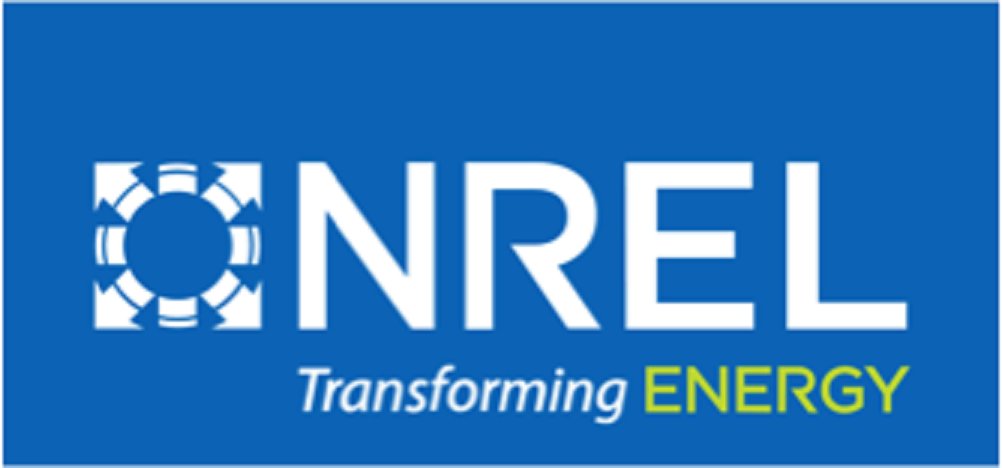NREL: NREL To Lead Grid-Forming Inverter Consortium, Streamlining Renewable Integration at All Scales
As renewables continue to provide a growing share of power to the electric grid, the U.S. Department of Energy (DOE) has taken an important step to ensuring that these technologies also provide stability and coordinated services to the future grid.
In collaboration with a large stakeholder group that spans technology vendors, grid operators, energy laboratories, and corporations from around the world, DOE has launched the Universal Interoperability for Grid-Forming Inverters (UNIFI) Consortium. UNIFI creates an extensive R&D ecosystem to evaluate and design grid-forming inverter solutions, with the goal of developing a universal set of guidelines that enable seamless integration of inverter-based resources like solar, wind, batteries, and electric vehicles.
The National Renewable Energy Laboratory (NREL) will colead UNIFI, along with the University of Washington and the Electric Power Research Institute. The consortium was announced under DOE’s Solar Energy Technologies Office (SETO) Systems Integration and Hardware Incubator Funding Program. SETO and the Wind Energy Technologies Office are cofunding the consortium, providing $25 million over five years, alongside a partner cost-share of $10 million.
“The plan for the UNIFI Consortium is to unify the integration and operation of synchronous machines and inverter-based resources in electric power grids,” said Ben Kroposki, who will be serving as the UNIFI Consortium organizational director.
At the current scale of growth in renewables, these inverter-based resources are fundamentally changing the physics of the power system by substituting fast-response digital devices for traditional physical generators. Already in many locations, inverter-based resources operate in concert with traditional resources. In some locations, inverter-based resources are even close to providing 100% of local power. Grid-forming inverters are an upcoming category of controls and coordination strategies for systems with a large proportion of inverter-based resources. Grid-forming inverters could enable renewable integration at scale with added security, resilience, efficiency, and affordability.
Over the next five years, the UNIFI consortium will build consensus on interoperability and functional requirements for grid-forming technologies by unifying research capabilities and project objectives. The consortium will demonstrate next-generation power systems using federated hardware test beds housed at partner institutions. The field demonstrations will include at least a 20-MW system featuring different manufacturer technologies and operating scenarios. From this coordinated research, the consortium will also produce training materials for the future workforce and industry-standard models and tools to facilitate growth in renewables.

